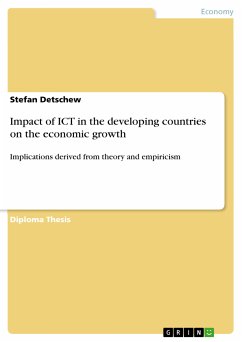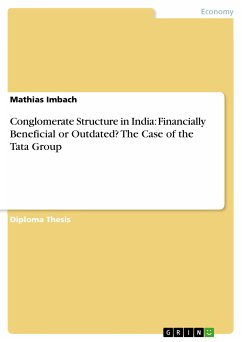Diploma Thesis from the year 2008 in the subject Business economics - Economic Policy, grade: 2, University of applied sciences, language: English, abstract: Public interest for outer space ventures was huge in the beginning of space flight as spectacular successes were achieved in the space race between the Soviet Union and the United States. The enthusiasm culminated in the moon landing of 1969. Since then only spectacular events in space travel were covered by the media and noticed by the public. However in reality often the non-exciting developments were those which changed life on Earth most significantly. Many developments for space travel and the usage of outer space made and still make our civilisation totally dependent on outer space activities. This includes the development of satellites for communication, television, Earth observation, weather forecasting and navigation to name just a few. All this happened widely unnoticed by the broad public. What is even more overlooked by the public but changed life at least as significantly are "spin off technologies" with the Personal Computer being the most prominent one. Despite the huge growth during the 1990s, only a few studies on the future potential of the space market were conducted on a comprehensive basis. This thesis therefore draws a complete overview of all aspects and sectors of the space market and analyses its future potential as well as the potential of possible future applications. Additionally the legal and institutional framework of outer space activities and its implications on business activities, institutional space ventures, military space applications, and commercial companies is discussed in this work. The results show that outer space is a market with a huge potential, not only due to the growth potential in already existing applications like navigation and communication, but also due to a large potential in emerging applications like spacetourism and in future applications like mining on the moon. In addition not only commercial applications are growing but also military and governmental spending for space ventures is on the rise due to increasing commitment of emerging countries like India and China, and the drive of industrialised nations to keep their leading position. Based on the extensive analysis the thesis suggests that the outer space sector as a whole is emerging and will become increasingly important in the future.
Dieser Download kann aus rechtlichen Gründen nur mit Rechnungsadresse in A, B, BG, CY, CZ, D, DK, EW, E, FIN, F, GR, HR, H, IRL, I, LT, L, LR, M, NL, PL, P, R, S, SLO, SK ausgeliefert werden.









